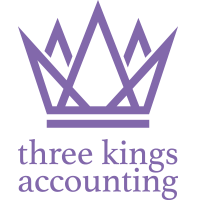When Is The Earliest You Can File Taxes 2019?
Are you wondering when is the earliest you can file taxes in 2019? The majority of people in the UK pay income tax through the PAYE system. If you’re employed, a portion of your salary will be taxed, and your tax contributions will usually be deducted from your monthly wage packet.
If you’re self-employed, there’s a different system in place, and you’ll be required to file a tax return each year. Your tax return contains details about your business and how much money you have made during the previous tax year.
If you’re required to prepare and submit a tax return, it’s essential to be conscious of the key dates and deadlines. If you miss a deadline, you could incur charges and fees. This article will provide useful information about when is the earliest you can file taxes in 2019 and help to ensure you’re aware of all the important deadlines that apply to you.
Understanding The Tax Year
The tax year is different to the calendar year. Rather than running from the beginning of January to the end of December, the tax year begins on April 6th and ends on April 5th. If you’re self-employed, you will pay tax on the money you have earned between April 6th and April 5th the following year.
In the case of the taxes you’ll pay in 2019 (or January 2020 if you submit your return online), this will relate to work you have undertaken and profits you have accrued between April 6th 2018 and April 5th 2019.
It is worth bearing in mind that there are different deadlines for submitting paper and online returns. Filing a tax return online is considered by many to be faster and easier, but some people prefer to send in a paper return.
The deadline for paper returns is the 31st October, while the online deadline is the 31st January. If you’ve recently become self-employed, you’ll need to ensure that you register for self-assessment by October 5th.
Important Dates In The Tax Year That You Need To Know
The first date you need to be aware of in 2019 is the 31st January, if you plan to submit an online tax return. This is the deadline for submitting and paying your self-assessment tax return online for 2017-2018. Once you have paid this, you can focus your attention on the next tax year.
If you owe more than £1,000 in tax, you will be liable to make a second payment on account in addition to the tax you pay on or by the 31st January. This payment should be made by the 31st July 2019, and the amount you owe will be shown on your calculation. You can view this calculation online or download or print it for your own records.
When Is The Earliest You Can File Your Taxes In 2019?
The next time you file a tax return, the tax period will be April 2018 to April 2019. Although the deadline for paying tax isn’t until much later in the year or early in 2020, it is possible to submit your tax return after the tax year has come to an end.
Many people choose to wait until a few weeks or even days before the payment and submission deadline, but there’s nothing stopping you from sending in your return much earlier.
If you’re organised, this can prevent a last-minute panic and eliminate the possibility of fines and fees. If you’re unsure how to do your tax return, it’s particularly beneficial to give yourself time to get help, seek advice or work out how to fill in your return correctly from a personal tax accountant like us.
The 2018/2019 tax year will come to an end on the 5th April 2019, meaning that the deadlines will be the 31st October 2019 for paper returns and the 31st January 2020 for online returns.
If you’re required to file your taxes in 2019, hopefully, this guide will come in handy. If you have any questions, or would like help with filing your returns, give us a call on 01753 840 188 and we will be happy to help.


